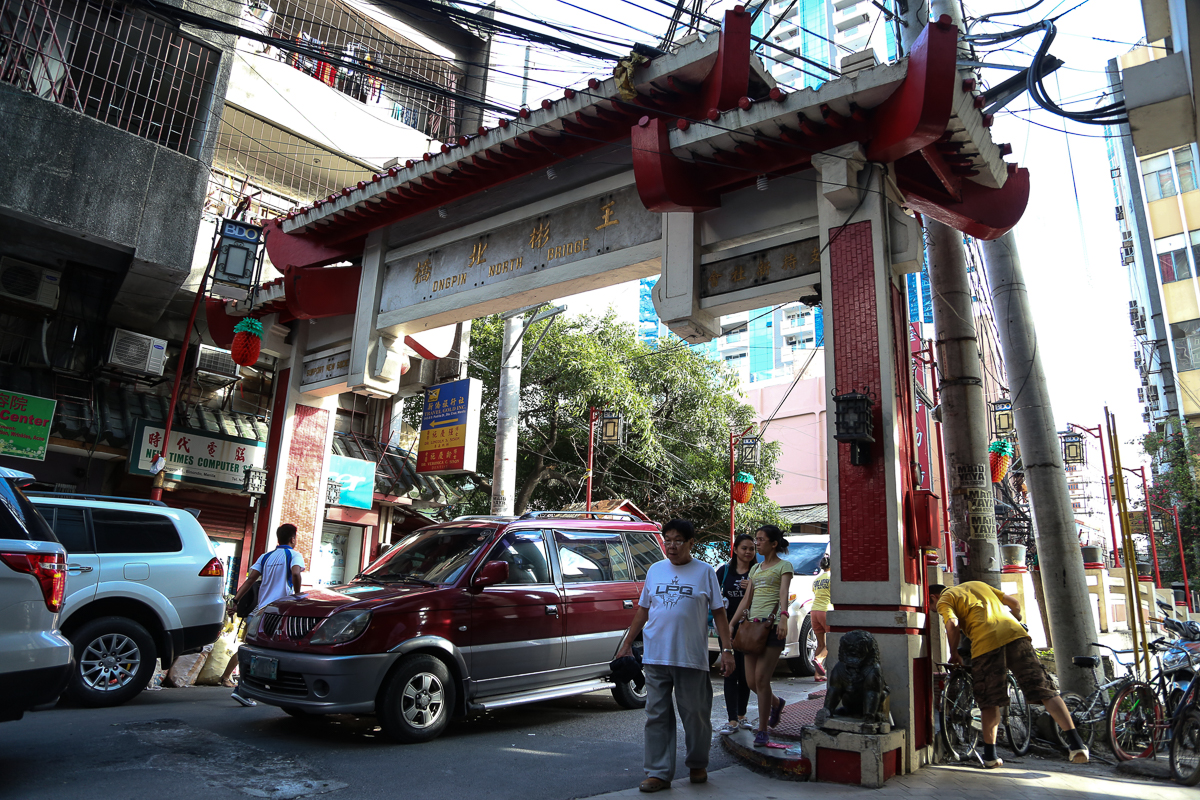Chinese Filipinos:
The ties that bind
The world’s first Chinatown was established
in the Philippine capital Manila in 1594.
Manila, Philippines - In 1861, a villager from the Chinese province of Fujian, sailed across South China Sea to start a new life in the Spanish colony of the Philippines.
Settling in his adoptive home, Co Yu Hwan became Catholic, and adopted the name Jose Cojuangco. He would become the great-grandfather of the first female Philippines president, Corazon Cojuangco Aquino, mother of the current president, Benigno Aquino III.
For centuries, migration and trade have bound the Philippines and China. Long before Spanish, American and Japanese colonisers conquered its shores, Chinese junks plyed the seas between mainland Asia and the islands the would become the Philippines.
In 1594, the world’s first Chinatown was established in the Philippine capital Manila.
The Chinese influence has become embedded into the country’s identity, becoming distinctly Filipino - from country’s national hero, Jose Rizal to its Fujian-style noodles, pancit canton.
Unlike Spain, the US and Japan, China has never fought any war against the Philippines.
And yet today, Manila and Beijing find themselves on opposite ends of a geopolitical conflict, with the Philippines on the side of its two former occupiers, the US and Japan.
During a recent visit to Tokyo, President Aquino even made reference to Nazi Germany while denouncing China’s reclamation activities at the Mischief Reef, a territory also claimed by the Philippines.
On July 7, an arbitration court in The Hague formally took up the Philippine case against China. But Beijing has refused the court's jurisdiction.
The dispute, with protests and calls for a boycott against China, has also brought forth a debate on the allegiance of Chinese Filipinos.
One prominent novelist, F Sionil Jose was denounced for suggesting that Chinese Filipinos cannot be trusted in the event of a conflict with China. One US-based Filipino called the statement "dangerous".
Another Filipino scholar, Caroline Hau, in condemning the "scare tactics" wrote, "I consider myself a Filipino above all, and am proud of both my Filipino and Chinese heritage

No comments:
Post a Comment
Comments always welcome!